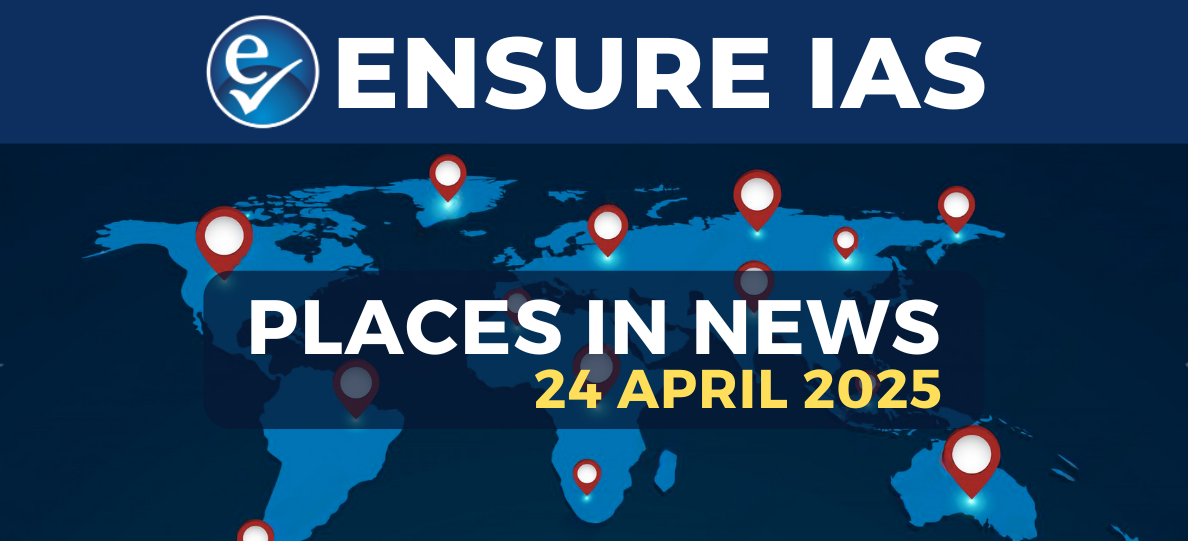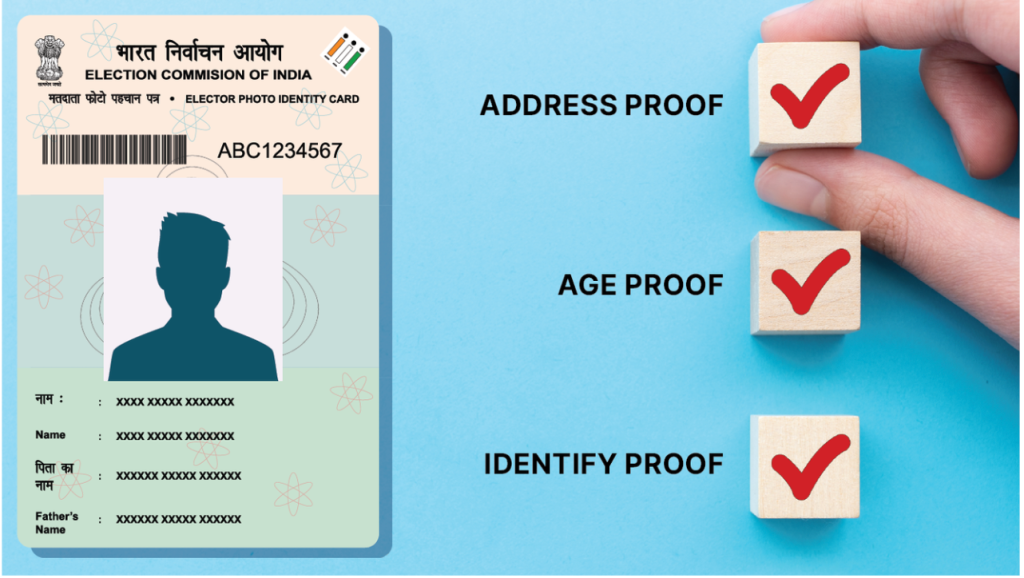- Courses
- GS Full Course 1 Year
- GS Full Course 2 Year
- GS Full Course 3 Year
- GS Full Course Till Selection
- CSAT
- 5 LAYERED ARJUNA Mentorship
- Public Administration Optional
- Online Program
- GS Recorded Course
- NCERT Batch
- Polity Module Course
- Geography Module Course
- Economy Module Course
- AMAC Module Course
- Modern India, Post Independence & World History Module Course
- Environment Module Course
- Governance Module Course
- Science & Tech. Module Course
- International Relations and Internal Security Module Course
- Disaster Management Module Course
- Ethics Module Course
- Essay Module Course
- Current Affairs Module Course
- ABOUT US
- OUR TOPPERS
- TEST SERIES
- FREE STUDY MATERIAL
- VIDEOS
- CONTACT US
Centre takes away state powers for issuing NOC for export of drugs
Centre takes away state powers for issuing NOC for export of drugs
11-05-2024
Amid growing global scrutiny of Indian-made drugs, the central government has become the sole authority to issue manufacturing licences for new drugs for export, taking back the power from state governments.

- From now on the sole licensing authority will be the Central Drugs Standard Control Organization (CDSCO), India's apex drug regulatory body.
About CDSCO:
- The Central Drugs Standard Control Organisation (CDSCO) is the apex regulatory body for the medical device industry in India under the Drugs and Cosmetics Act.
- The CDSCO works under the Directorate General of Health Services, Ministry of Health & Family Welfare, Government of India.
Key Responsibilities of CDSCO:
- Approval of new drugs: CDSCO grants permission for the production and commercialization of new drugs in India.
- Conduct of clinical trials: CDSCO regulates and monitors clinical trials conducted in India to ensure the safety and rights of participants.
- Laying down the standards for drugs: CDSCO sets the standards for the quality, safety, and efficacy of drugs manufactured, imported, or sold in India.
- Control over the quality of imported drugs: CDSCO ensures that imported drugs meet the same standards as domestically produced drugs.
- Coordination of the activities of State Drug Control Organizations: CDSCO coordinates with State Drug Control Organizations to ensure uniform implementation of drug regulations across the country.
- Inspection and audits: CDSCO conducts inspections and audits of drug manufacturing facilities and laboratories to ensure compliance with regulations.
- Drug Controller General of India (DCGI): The DCGI is the head of the CDSCO and is responsible for its overall functioning.
- Headquarters: CDSCO is headquartered in New Delhi, India.
Joint Responsibility with State Regulators:
- CDSCO, along with state regulators, is jointly responsible for granting licenses for certain specialized categories of critical drugs such as blood and blood products, I. V. Fluids, vaccines, and sera.
Must Check: Best IAS Coaching In Delhi



